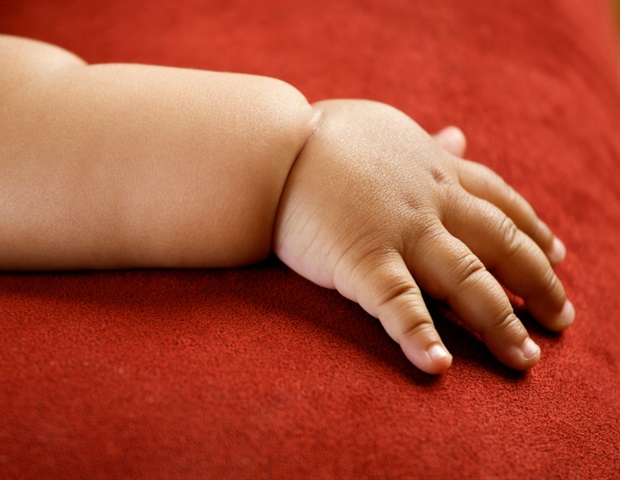When it comes to pregnancy, lots of prep is involved before your bundle of joy arrives, from setting up baby registries and crossing off all the boxes on your newborn checklist.Doctor-recommended ways to unwind when expecting include doing safe exercises to alleviate stress as well as soaking in a bath.
However, before sprinkling lavender oil into your tub, here’s what to know about bathing when you’ve got a bun in the oven.
Can pregnant women take baths?
You can almost always go for it. “Pregnant patients can take baths during pregnancy,” says Abdulla Al-Khan, MD, vice chairman and director of the Maternal-Fetal Medicine & Surgery Division at Hackensack University Medical Center. “Body temperature water (98 degrees F) is acceptable, but high heat is not recommended.”
Just like swimming in a chlorinated pool when pregnant, the major factor to consider when bathing is the water’s temperature. A bath thermometer can be really helpful here.
What is the risk of hot baths in pregnancy?
Hot baths above body temperature are not recommended, stresses Dr. Al-Khan, and this includes the use of a steam room or sauna. According to the American College of Obstetricians and Gynecologists (ACOG), some studies suggest that using saunas and hot tubs early in pregnancy, especially for long periods of time, can be associated with birth defects.
This is because your core body temperature rises when you use saunas and hot tubs, which can harm the fetus. Keep this in mind when taking a hot bath as well, in which water temperatures can reach sauna-like levels.
If you fully enter a sauna or take a steaming hot bath when pregnant, you’re at risk for hyperthermia—and more—according to Dr. Al-Khan.
“Hyperthermia can, unfortunately, lead to embryopathy, the potential for abnormal embryological development, especially if exposed during the first trimester,” confirms Dr. Al-Khan. “In addition, a rise in the maternal body temperature can lead to dehydration, which is generally not recommended during pregnancy.”
Are Epsom salt baths safe for pregnancy?
The use of Epsom salt can be soothing during pregnancy, “Especially in patients who have various dermatology conditions, some of which could be pregnancy-associated,” explains Dr. Al-Khan. “As long as Epsom salt is not ingested, it is generally considered safe.”
As for essential oils, which many people like to drip into a bathtub, Dr. Al-Khan says, “It’s important for a pregnant patient to check the ingredients of the oil and consult with her obstetrician. Most pure essential oils should be safe.”
What are the benefits of baths during pregnancy?
The use of baths could be relaxing, especially if the patient is having aches and pains or back discomfort, which is not uncommon as pregnancy advances. A warm bath feels nice, but again, don’t sit and soak at high temps.
Hydrotherapy, adds Dr. Al-Khan, is beneficial for many conditions, whether someone is pregnant or not pregnant. For example, a bath can help calm restless leg syndrome (RLS), which can occur during the third trimester.
“As long as warm water is not above body temperature, it’s considered safe. Lots of pregnant patients enjoy baths and swimming during pregnancy.”
What safety precautions should be taken?
If you’d like to bathe during pregnancy, consider investing in a tub thermometer (sometimes marketed as a pool thermometer). As Dr. Al-Khan stated, you’ll want to confirm the bath water doesn’t spike above 98F, which may harm the fetus and cause the pregnant patient to have hypothermia, dehydration, and even dizziness.
And don’t rule out cool baths. The official National Childbirth Trust (NCT) website points out that pregnant women may feel “hotter” than usual during pregnancy. However, there is limited evidence to suggest pregnant women’s core body temperature is actually any higher than usual because of pregnancy.
Regardless, a cool bath during a heatwave, or if you just feel “hot” in your pregnancy, can be soothing. Also, stay hydrated during all three trimesters. A pregnant woman needs, on average, approximately 10 cups (2.3 liters) of fluid per day. This includes the recommended three to four glasses of milk or calcium-fortified soy beverage.
If your feet ache, is it OK to soak them in hot water when you’re expecting?
“It’s important for a pregnant patient to use sound judgment. Soaking the feet in warm water should not exceed more than 15 minutes during the second or third trimester,” says Dr. Al-Khan.
“While I’m not aware of any scientific data looking at outcomes, it is definitely better to err on the side of caution. If a pregnant patient has discomfort and it will make them feel better by soaking their feet in warm water for 15 minutes, then maintaining hydration is advised.”

 PARENTING TIPS
PARENTING TIPS PREGNANCY
PREGNANCY BABY CARE
BABY CARE TODDLERS
TODDLERS TEENS
TEENS HEALTH CARE
HEALTH CARE ACTIVITIES & CRAFTS
ACTIVITIES & CRAFTS


